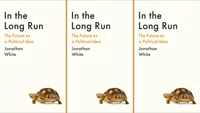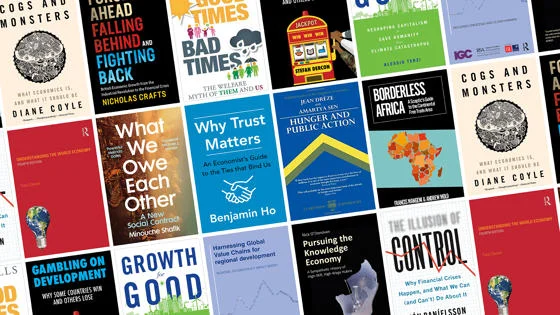The changing shape of politics in the UK: recommended reads from LSE Blogs

Contents

Postliberalism could reshape the Conservative party
The intellectual movement of postliberalism is gaining attention and is likely to play an important role in reshaping the Conservative party’s future. Paul Kelly traces postliberalism’s development, from the philosophy of John Gray to figures like Patrick Deneen and argues that while all postliberals agree on their diagnosis of liberalism’s self-destruction, they offer different visions for the future.
Image credit: mark reinstein on Shutterstock.

The future of protest is in danger
The freedom to protest is one of the fundamental rights in a liberal democracy. But a series of public order laws passed by Parliament in recent years have made the right to protest increasingly hard to exercise. With a Labour government unlikely to overturn these laws, Conor Gearty argues that the future of protest depends on smarter and new ways of mass action against state power.
Image credit: Sean Aidan Calderbank on Shutterstock.

Westminster funds favour politically aligned local authorities
Analysis by Liam Clegg and Graeme Davies shows that between 2008 and 2019, Westminster governments systematically favoured politically-aligned local authorities when it came to distributing government grants.
Image credit: Clare Louise Jackson on Shutterstock.

Tracking the impact of elections on science policy is key to maintaining long-term research priorities
Popular elections and changes of government have a significant impact on the kinds of research that are prioritised. Julián D Cortés and Catalina Ramírez draw on a study of research calls made by the Colombian government to explore how different governments have shaped research in the country and how evidence based approaches to tracking these changes can be used to develop long-term approaches by science policy actors.
Image Credit: N Universe on Shutterstock.

Q and A with Jonathan White on In the Long Run: the future as a political idea
LSE's Review of Books blog speaks to Jonathan White about his new book, In the Long Run: the future as a political idea, which investigates how changing political conceptions of the future have impacted societies from the birth of democracy to the present. Read Research for the World's write up of Professor White's Research Showcase at LSE.

Abby Innes introduces Late Soviet Britain: why materialist utopias fail
In an excerpt from the introduction to her new book, Late Soviet Britain: why materialist utopias fail, Abby Innes considers how factors including the rise of neoliberalism have destabilised Britain’s governing institutions. Read Research for the World's write up of Dr Innes' Research Showcase at LSE.
This article was compiled by Helena Vieira, Managing Editor of LSE Business Review.
2024 is a year of elections. What happens when the world goes to the polls?
- Read more articles from this global politics special edition of the LSE Research for the World online magazine.
- Explore our dedicated hub showcasing LSE research and social science commentary on key debates and emerging themes in global politics.
- Join us for the LSE Festival: Power and Politics, a week of events from 10 to 15 June 2024.




